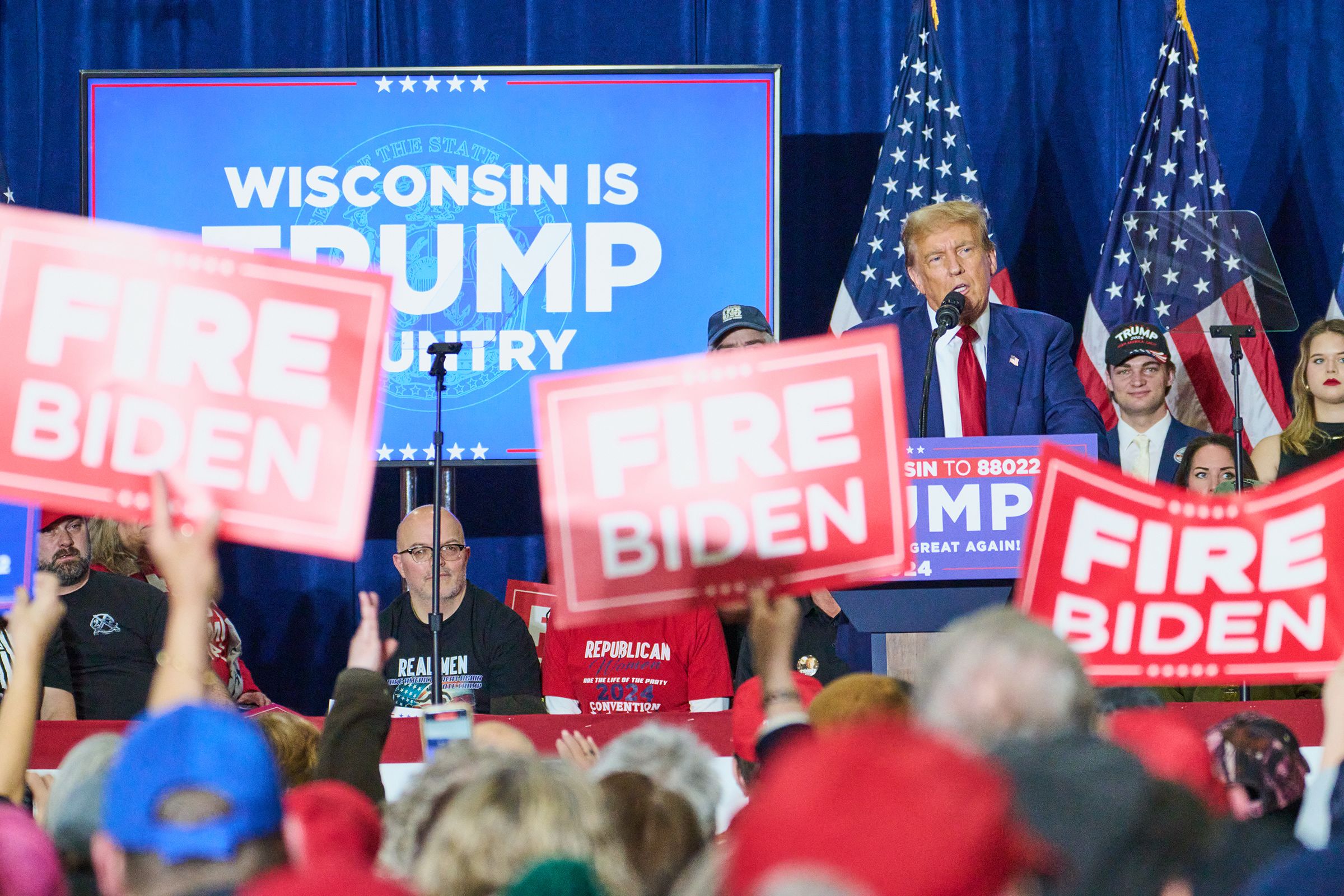Recent polling data reveals a stark contrast between the views of voters and economists on the state of the US economy, a discrepancy that could potentially impact President Joe Biden’s chances in the crucial states that will determine the 2024 election outcome.
Perceptions vs. Data
According to a new poll from The Wall Street Journal, swing state voters are more concerned about the economy and inflation than the national average, and they hold a more pessimistic view of the country’s state. Only a quarter of registered voters in seven key states – Arizona, Georgia, Michigan, North Carolina, Nevada, Pennsylvania, and Wisconsin – believe the economy has improved over the past two years.
Contrarily, economic data suggests that inflation is slowing down and the US is likely to dodge a recession that seemed imminent a year ago. This economic stabilization occurred without a significant increase in the unemployment rate, a concern that was widely feared.
The US Economy vs. State Economy
The disparity extends beyond a simple misalignment of voters’ perceptions and economic indicators. Approximately half of these voters believe their personal economic situation is satisfactory, and they might rate their individual states positively. However, the national economy receives a poor rating.
Why the Disconnect?
The gap between Americans’ views of their personal finances and their broader economic sentiments is not a new phenomenon. Partisanship can influence even seemingly non-political questions about the nation’s state. Furthermore, while many may report their financial situation as satisfactory, there are signs that they also feel unable to keep pace with the economy.
The ‘Once People Start to Focus’ Argument
Biden’s challenge in this election cycle will be to persuade these voters that their personal and state situations are reflective of the country’s overall state. As it stands, half or more of registered voters in all of the swing states in the new Wall Street Journal poll believe Trump is the candidate best equipped to handle the economy, inflation, and immigration.
Will a Campaign Sell Voters on Biden’s Economy?
On Wednesday, President Biden joined Sen. Bernie Sanders at the White House to highlight Democrats’ efforts to control prescription drug prices. However, most voters probably haven’t yet received the message about this victory over Big Pharma.
Presidential Favorability Ages Well
Historically, presidential favorability tends to improve over time. For instance, George W. Bush’s favorability rating rebounded significantly nine years after he left office. Similarly, views of Trump in hindsight have improved, with more than half of registered voters in the Wall Street Journal poll of battleground states approving of the job he did as president.
As the 2024 election approaches, the Biden administration faces the challenge of bridging the gap between economic data and voter perception, a task that could prove crucial in securing a second term.

